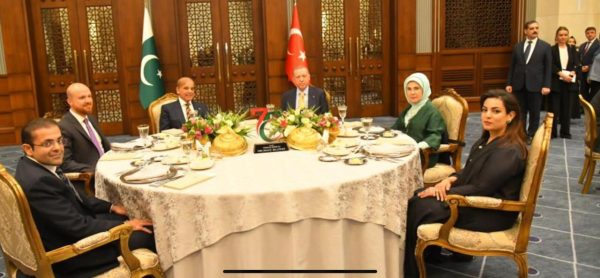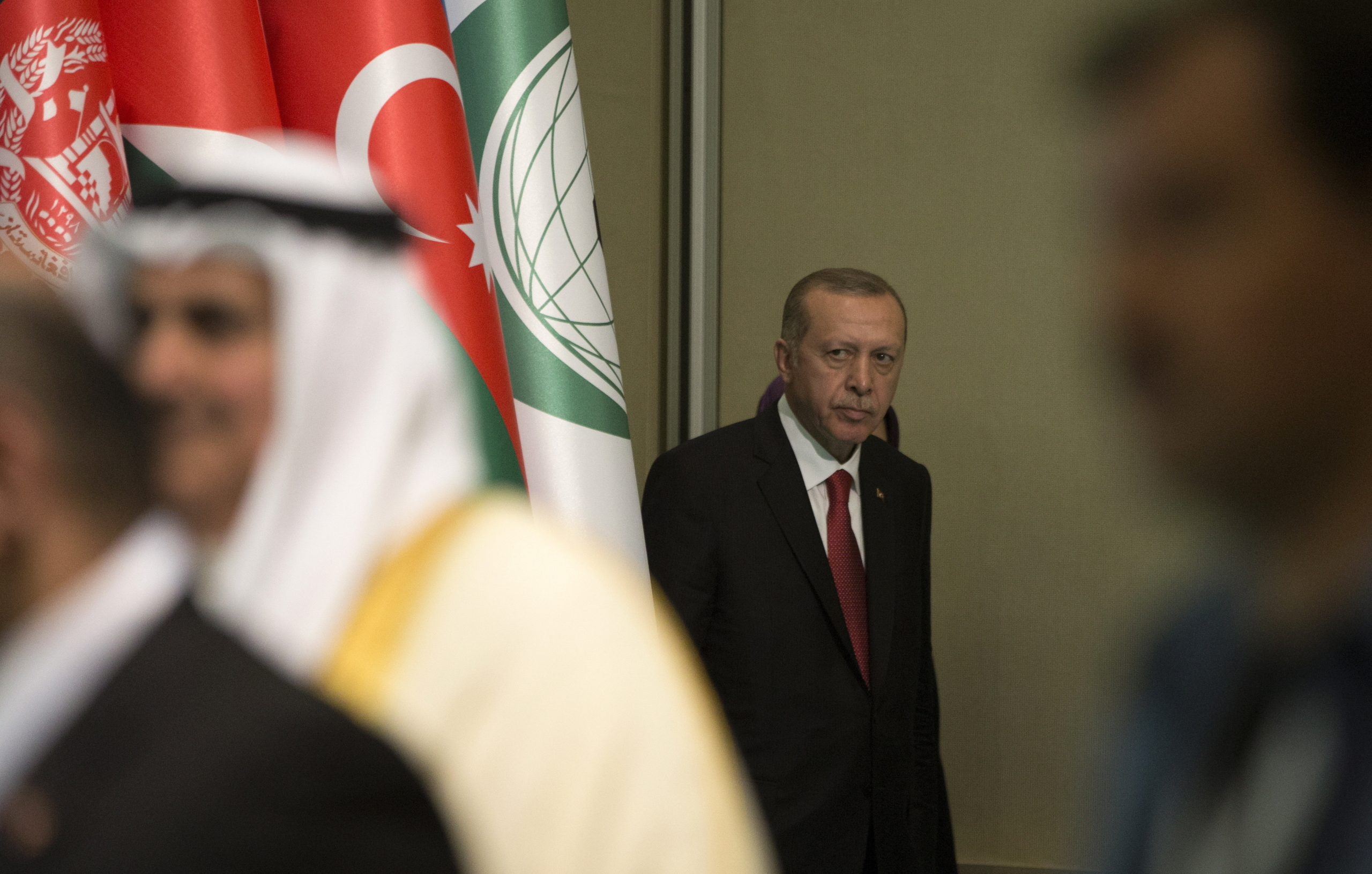Despite shared economic and strategic interests, Turkey’s diplomatic thaw with India remains distant. Here, we explore the main reasons behind the ongoing tensions and how President Erdoğan’s stance on Kashmir continues to affect bilateral relations.
1. Erdoğan’s Firm Stance on Kashmir
One of the primary reasons for the lack of diplomatic progress between Turkey and India is President Recep Tayyip Erdoğan’s unwavering support for Pakistan on the Kashmir issue. Since India’s 2019 revocation of Article 370, which granted special autonomy to Jammu and Kashmir, Erdoğan has consistently vocalized his criticism, aligning himself with Pakistan’s position on the region.

2. Defense Export Restrictions
Recent reports suggested that Turkey may impose a de facto ban on defense exports to India, citing the political situation and Turkey’s friendship with Pakistan. This would further sour relations between the two nations, as defense ties have been an important component of India’s foreign policy in the region.
3. Economic Rivalries and Shifting Alliances
While Erdoğan has attempted to reset ties with various regional powers, including Saudi Arabia and China, Turkey’s economic struggles have made it difficult for these shifts to yield immediate benefits in its relations with India. Despite the potential for cooperation, the Turkish economy’s ongoing struggles, including high inflation and a weakened lira, have overshadowed broader geopolitical efforts.
4. The Cancellation of Key Deals
In 2024, India canceled a $2 billion naval shipbuilding deal with Turkey, which was seen as a significant blow to Turkey’s defense industry. This cancellation highlighted the growing frustration in New Delhi over Ankara’s stance on Kashmir and its growing defense ties with Pakistan.
5. India’s Strategic Position on Kashmir
India’s foreign policy is deeply influenced by its stance on Kashmir. The Indian government has been uncompromisingly hostile toward any foreign commentary on the region, and this has made it difficult for India to overlook Turkey’s vocal criticism. India’s shift towards greater self-reliance in defense, as shown by its decision to cancel the naval deal, further complicates any potential thaw in relations.

Tensions have escalated after six Turkish military transport aircraft reportedly landed in Pakistan last Sunday, delivering defence cargo. This development came just days after 26 civilians were killed in a terror attack in Jammu and Kashmir’s Pahalgam, an operaion carried out by Pakistan-based terrorist groups.
Turkey has supplied Pakistan with Bayraktar TB2 and Akinci drones, and the two countries are collaborating on the KAAN fifth-generation fighter jet. In February 2025, Turkish President Recep Tayyip Erdogan, during a visit to Pakistan, backed Islamabad’s position on Kashmir, saying the issue should be addressed according to the UN resolution through dialogue and keeping in mind the aspirations of the people of Kashmir.
The Turkish tilt has sparked calls in India to reconsider aviation and tourism ties. Vikram Chandra, journalist and Editorji founder, questioned why Indians continue to use Istanbul as a European transit point. “I fail to understand why Indians travel to Europe via Istanbul! Along with China, Turkey is the one solid and constant supporter of Pakistan – and always has been. India should instead build relations with Turkey’s key regional rival Greece. It’s strange that there are so many direct flights to Istanbul and none to Athens,” he wrote on X.
Conclusion: A Diplomatic Deadlock
In conclusion, while both Turkey and India share interests in various areas of economic and strategic cooperation, President Erdoğan’s stance on Kashmir and Turkey’s defense ties with Pakistan have created significant barriers. As of now, Turkey’s moment for a diplomatic thaw with India seems far off, with both nations seemingly at an impasse. For any meaningful reconciliation to take place, significant shifts in foreign policy and diplomatic priorities will be needed on both sides.
For more insights into international diplomatic relations, check out India’s Stance on Kashmir: A Deeper Look.









